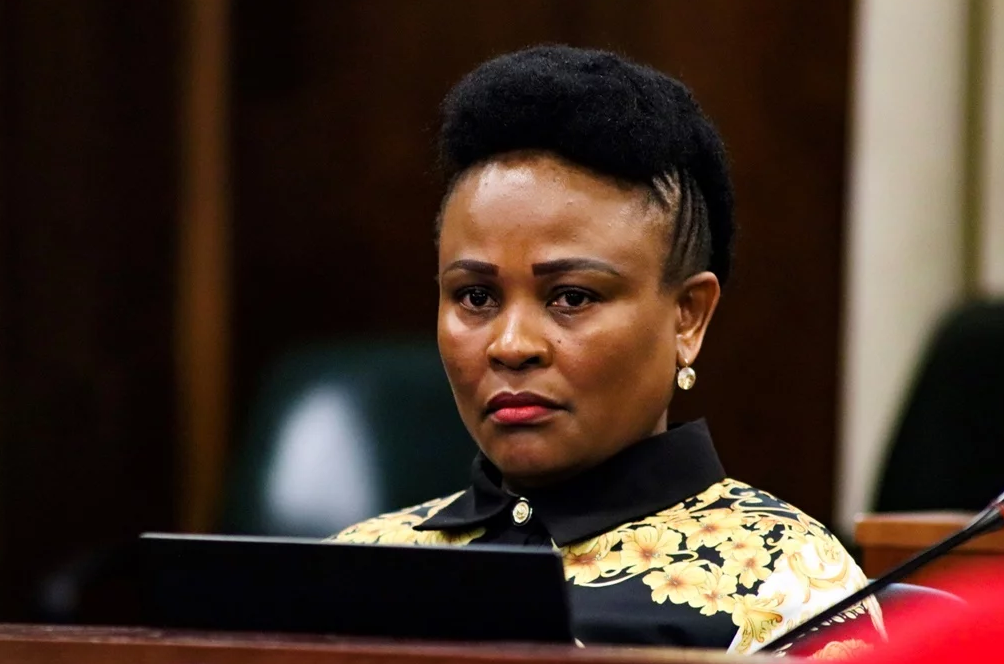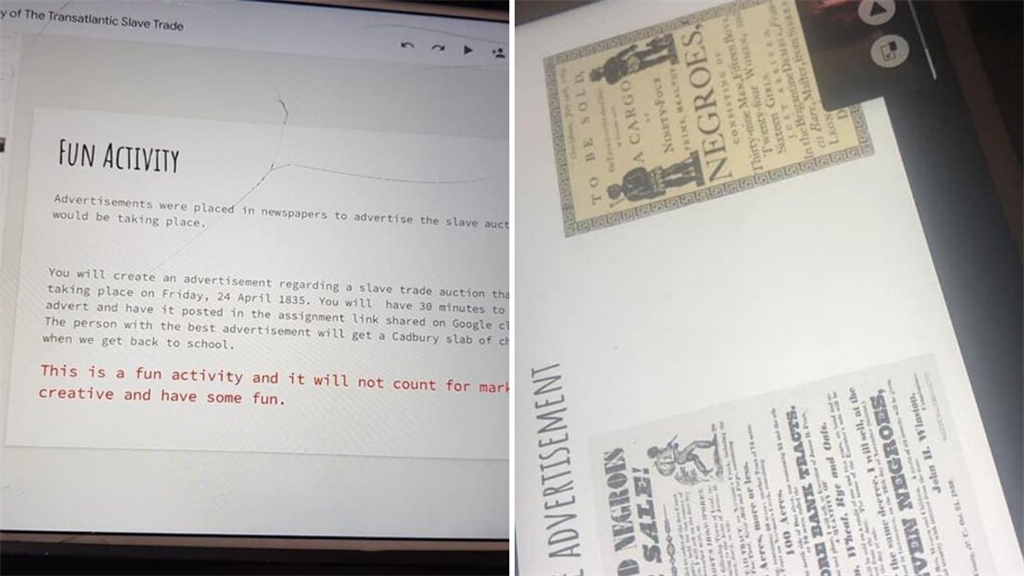- Speaker Thandi Modise sent out letters to three candidates to serve on a panel that must determine whether there is a prima facie case for Buisisiwe Mkhwebane’s removal as Public Protector.
- Once they have accepted, their names will be made public.
- This is the latest step in the National Assembly’s removal proceedings, which was placed on hold in March.
National Assembly Speaker Thandi Modise is in the process of appointing three people to serve on a panel which will determine whether there is a case to be made for Busisiwe Mkwhebane’s removal as Public Protector.
“Letters of invitation to serve on the panel have been sent to the three persons. In addition to indicating their availability to serve on the panel, they have also been asked to indicate if they believe the process over which they will preside is possible within the current Covid-19 restrictions,” parliamentary spokesperson Moloto Mothapo said in a statement on Friday.
“If all the responses are positive, Ms Modise will make the appointments. If all the responses are not positive then, depending on the issues raised, she will either hold over the appointments until a later date or take steps aimed at the appointment of other person(s) to the panel.
ALSO READ | Parliament to deal with Mkhwebane’s removal proceedings later as focus remains on Covid-19
“The names of the panel members will be announced once the process of appointment is concluded.”
In December, DA chief whip Natasha Mazzone lodged an initial motion to institute Mkhwebane’s removal – three days after the National Assembly adopted rules for the removal of the head of a Chapter 9 institution, such as the Public Protector.
Evidence
Modise gave the green light for the motion, but Mazzone withdrew it and lodged another with more evidence. Modise also approved this motion and asked parties in Parliament to nominate candidates for a panel of three independent people to assess whether there is a prima facie case for Mkhwebane’s removal, as the rules required.
But before Modise appointed the panel, Parliament rose for its constituency period and the country was placed under lockdown due to the Covid-19 pandemic.
The panel must conduct a preliminary assessment on whether there is prima facie evidence to show that Mkhwebane committed the misconduct alleged in the motion or was incompetent for the reasons alleged in the motion.
The rules specify that the panel must comprise three fit and proper South African citizens who, collectively, possess the necessary legal and other competencies and experience to conduct the preliminary assessment.
If a judge is appointed to the panel, the speaker must make such an appointment in consultation with the chief justice.
One of the panellists must be appointed chairperson of the panel. The panel must complete its assessment and report, which must include recommendations with reasons and any minority views of panellists, to the National Assembly within 30 days of its formal appointment.
Prime facie
In determining whether there is prima facie evidence to sustain the motion’s complaints, the panel may, in its sole discretion, provide any National Assembly member with an opportunity to place written or recorded information before it within a specified time frame.
The panel must also, without delay, provide the incumbent – in this case, Mkhwebane – with copies of all information available to it relating to the assessment. It must also provide the incumbent with a reasonable opportunity to respond in writing to the relevant allegations against her. The panel may not hold oral hearings and will be limited to an assessment of the record before it.
Once the panel has made its recommendations, the speaker must schedule these for decision by the National Assembly. If the National Assembly decides the inquiry should go ahead, it must be referred to a special Section 194 committee for a formal inquiry.
Meanwhile, Mkhwebane has approached the Western Cape High Court for an interdict against the removal proceedings, and to have the rules for the removal of the head of a Chapter 9 institution declared invalid.
The case was due to be heard in the last week of March but the parties agreed to postpone it to a later date.









